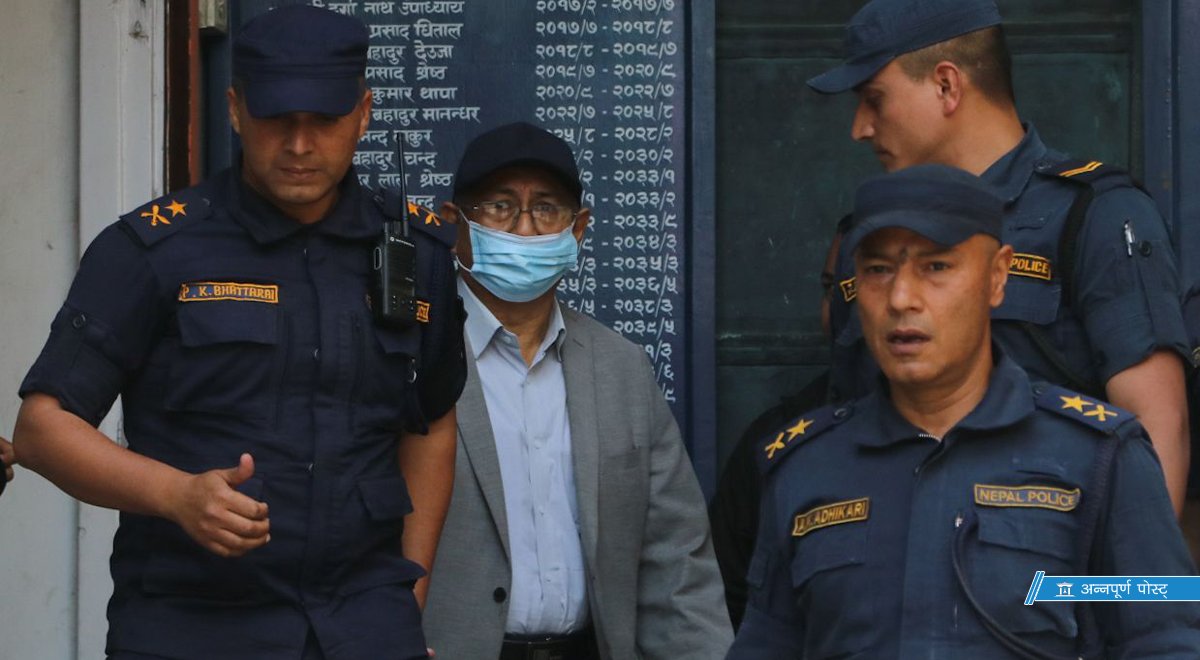The police probe into the Bhutanese refugee scam has thus far netted 12 people, including a former home minister and a government secretary, while another former minister remains at large. Why the long arm of the law failed to get hold of him while he was attending a program in Arghakhanchi or right after remains a mystery. The police probe follows complaints from about 100 people against a powerful group involved in scamming gullible Nepali people by promising to send them abroad as Bhutanese refugees through forged papers. Leaders of different hues and shades blowing hot and cold amid the probe indicates that there may be skeletons in their cupboards as well. Also in the wake of the probe, the top leadership of the Nepali Congress, the largest party in the parliament and the CPN-UML, the second largest party, have met more than once with Prime Minister and CPN (Maoist Center) Chair Pushpa Kamal Dahal. Prime Minister Dahal has tried to clarify that these meetings have nothing to do with the scam, but the timing of these meetings give enough ground for suspicion. Not to be forgotten is the fact that a large majority of people have lost faith in the tried and tested political leadership because it has failed to deliver even after getting popular mandates for change over the decades. Prime Minister Dahal, Home Minister Narayan Kaji Shrestha, Nepal Police leadership, new political parties and change-seeking leaders of the old parties should keep in mind that the refugee scam is but one among many scandals plaguing the country for decades. This probe has offered the people, tired of endemic corruption in the country, a glimmer of hope. It is clear that the people want investigations into all cases of corruption, policy corruption in particular, and action against the guilty. Over the decades, corruption has gotten institutionalized in every walk of life—from Singhadurbar to combatants’ camps, from the parliament to the streets, from Baluwatar to the very huts, from the public enterprises to the private firms and from the mountains to the deserts. For the political leadership, waging a war against corruption may be more difficult than waging a clandestine war. It will need tremendous political will to open stacks of files related to corruption and bring the ‘proverbial’ big fish to justice, which may not always bring results favorable to them and their respective parties. But a long, in-depth and failproof investigation into corruption cases is the only way to cleanse the federal republican governance system and start the process of restoring public faith in it.











